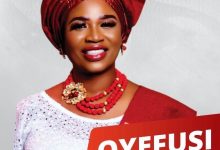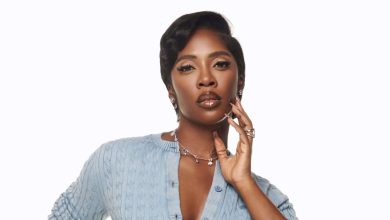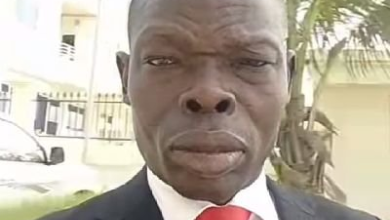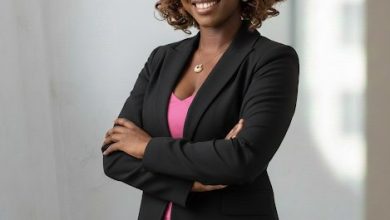Nigeria Needs $1.2bn to Achieve Gender Equality — Minister of Women Affairs

|
Getting your Trinity Audio player ready...
|
Nigeria’s Minister of Women Affairs, Imaan Sulaiman-Ibrahim, has revealed that the country needs $1.2 billion over the next five years to bridge its financing gap and meet national gender equality and social inclusion targets.
Speaking at the annual general meeting and founder’s day celebration of the League of Women Voters of Nigeria (NILOWV) in Abuja on October 17, 2025, she emphasised that closing the gap demands bold partnerships and investment in women’s advancement.
Represented by Ola Erinfolami, her special adviser, Sulaiman-Ibrahim said the federal government is exploring blended finance models, public-private partnerships, and impact investments to fund programmes that support women, children, and families.
“We face a 1.2 billion dollar financing gap. Closing it requires bold partnerships and investment in women’s advancement,” she said.
On the Reserved Seats Bill, she praised the National Assembly for backing efforts to increase women’s political participation, describing it as a strategic investment in democracy and national progress.
The Etsu Nupe, Yahaya Abubakar, also endorsed the bill, urging lawmakers across all levels to pass it for more inclusive governance.
“We urge all lawmakers at the national and state levels to pass this crucial legislation for inclusive governance.”
Olufolake Abdulrazaq, chairperson of the Nigerian Governors’ Spouses Forum, who Hauwa Halira represented, called for mobilising broad support to ensure women’s full political inclusion before the 2027 general elections.
NILOWV founder Esther Udehi and President Irene Awunah-Ikyegh urged grassroots advocacy to boost understanding of the Reserved Seats Bill.
Hajiya Aishatu Bura, President of the Nigeria Association of Women Journalists (NAWOJ), highlighted the media’s role in amplifying women’s voices and pushing for inclusive political discourse.
“Women’s voices matter not only at the ballot box but in policy debates, the media, and public decision-making,” she said.






